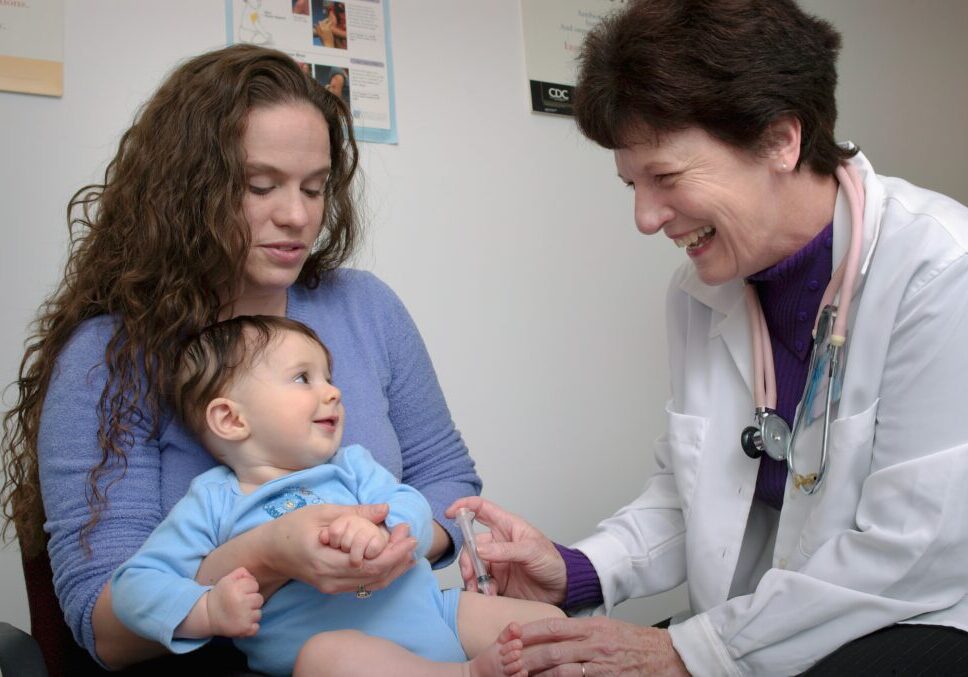Louisiana’s uninsured rate (the percentage of people in the state without health insurance) remained at historically low levels in 2018 even as the national uninsured rate increased, according to federal data released this week.
The U.S. Census Bureau’s American Community Survey found that Louisiana’s uninsured rate dropped to 8.0% in 2018 from 8.4% in 2017. The survey found that 19,000 more Louisianans were covered by health insurance in 2018 than the year before, while 363,000 state residents still lack coverage.
Source: U.S. Census Bureau, American Community Survey 2018
Louisiana’s uninsured rate remained below the national rate, which increased from 8.7% in 2017 to 8.9% in 2018. The fact that more Americans are losing coverage is significant, as it comes at a time when the poverty rate is declining and unemployment remains historically low.
The latest figures represent data from the second full year of Medicaid expansion in Louisiana. The state’s uninsured rate stood at 11.9% in 2015, the last full year before the state extended coverage to low-income adults earning below 138% of the federal poverty level. Louisiana’s uninsured rate has dropped by more than one-third since the last pre-expansion year.
In the years since the federal Affordable Care Act took effect in 2014, Louisiana has made dramatic strides in reducing the number of people without coverage. The state’s uninsured rate stood at 16.6% in 2013, meaning it has fallen by more than half in just five years.
Having health insurance does not guarantee good health. But it does mean people have access to doctors and clinics when they get ill or injured, and increases the likelihood that certain diseases or chronic medical conditions are diagnosed before they become more serious. A wide-ranging study from Oregon has found that people who get Medicaid coverage after being uninsured are more financially secure and less likely to suffer from depression, among other things.
Louisiana outpaces non-Medicaid expansion neighbor states
While Louisiana continues to make coverage gains, the story is very different in states that have not expanded Medicaid. Texas and Alabama were among the states with significant increases in uninsurance rates, and both are well above the national average. Across the country, states that have expanded Medicaid averaged an uninsured rate of 6.6% in 2018, compared to 12.4% for non-expansion states.
*Represents statistically significant change in uninsured rate from 2017 to 2018 at the 90% confidence level.
Source: U.S. Census Bureau, American Community Survey 2018
Medicaid is vital to the health care safety net in Louisiana. About 1.6 million Louisianans (1 in 3) are covered by the program, which is financed with a mix of state and federal dollars. That includes nearly 460,000 low-income adults enrolled through Medicaid expansion. Through expansion, over 330,000 people have seen a doctor, nearly 75,000 women have been screened for breast cancer, and more than 40,000 adults have been screened for colon cancer. Expansion has also been good for Louisiana’s economy, bringing in 14,000 local jobs and $1.7 billion a year in federal dollars.
Above all, Louisiana’s progress on health insurance coverage shows that states can improve on important quality-of-life metrics if they make it a priority. Meanwhile, the problematic increase in uninsurance at the national level should serve as a warning of what can happen when policymakers neglect the neediest.
